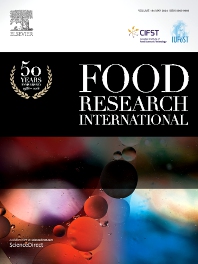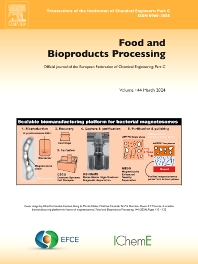Journals in Agricultural and biological sciences
Journals in Agricultural and biological sciences
The Agricultural and Biological Sciences collection advances science-based knowledge for the improvement of animal and plant life and for secure food systems that produce nutritious, novel, sustainable foods with minimal environmental impact. Food Science titles include not only those products from agriculture but all other aspects from food production to nutrition, health and safety, chemistry to security, policy, law and regulation. Biological Sciences address animal behaviour and biodiversity, organismal and evolutionary biology, entomology, marine biology and aquaculture, plant science and forestry.
- ISSN: 0956-7135
Food Control

- ISSN: 0268-005X
Food Hydrocolloids

- ISSN: 0740-0020
Food Microbiology

- ISSN: 2214-2894
Food Packaging and Shelf Life

- ISSN: 0306-9192
Food Policy

- ISSN: 0950-3293
Food Quality and Preference

- ISSN: 0963-9969
Food Research International

- ISSN: 2213-3291
Food Structure

- ISSN: 2352-2496
Food Webs

- ISSN: 0960-3085
Food and Bioproducts Processing
